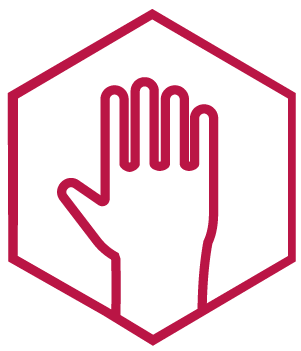Everyone has arguments, and everyone disagrees with their partners, family members and others close to them from time to time. And we all do things at times that we regret, and which cause unhappiness to those we care about. But if this begins to form a consistent pattern, then it is an indication of domestic violence and abuse.
- Have you ever felt afraid of your partner or former partner?
- Have you ever changed your behaviour because you’re afraid of what your partner, or former partner, might do?
Emotional abuse
Does your partner, or former partner, ever:
- belittle you, or put you down?
- blame you for the abuse or arguments?
- deny that abuse is happening, or play it down?
- isolate you from your family and friends?
- stop you going to college or work?
- make unreasonable demands for your attention?
- accuse you of flirting or having affairs?
- tell you what to wear, who to see, where to go, and what to think?
- control your money, or not give you enough to buy food or other essential things?
Threats and intimidation
Does your partner, or former partner, ever:
- threaten to hurt or kill you?
- destroy things that belong to you?
- stand over you, invade your personal space?
- threaten to kill themselves or the children?
- read your emails, texts or letters?
- harass or follow you?
Physical abuse
The person abusing you may hurt you in a number of ways.
Does your partner, or former partner, ever:
- slap, hit or punch you?
- push or shove you?
- bite or kick you?
- burn you?
- choke you or hold you down?
- throw things?
Sexual abuse
Sexual abuse can happen to anyone, whether they’re male or female.
Does your partner, or former partner, ever:
- touch you in a way you don’t want to be touched?
- make unwanted sexual demands?
- hurt you during sex?
- pressure you to have unsafe sex – for example, not using a condom?
- pressure you to have sex?
If your partner, or former partner, has sex with you when you don’t want to, this is rape.
If you think you may be in an abusive relationship, there is help available.






 The NHS App gives you a simple and secure way to access a range of NHS services on your smartphone or tablet.
The NHS App gives you a simple and secure way to access a range of NHS services on your smartphone or tablet.